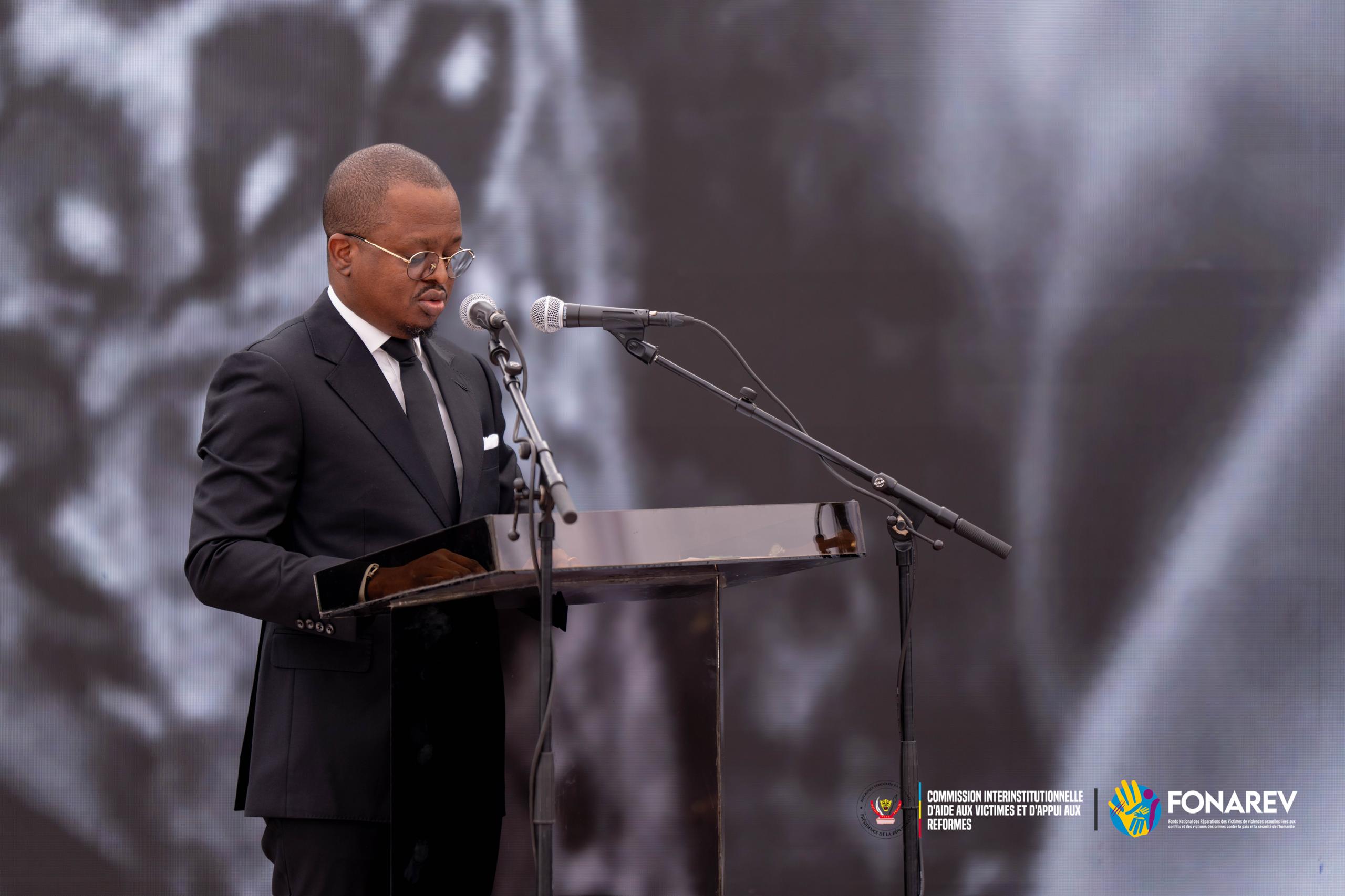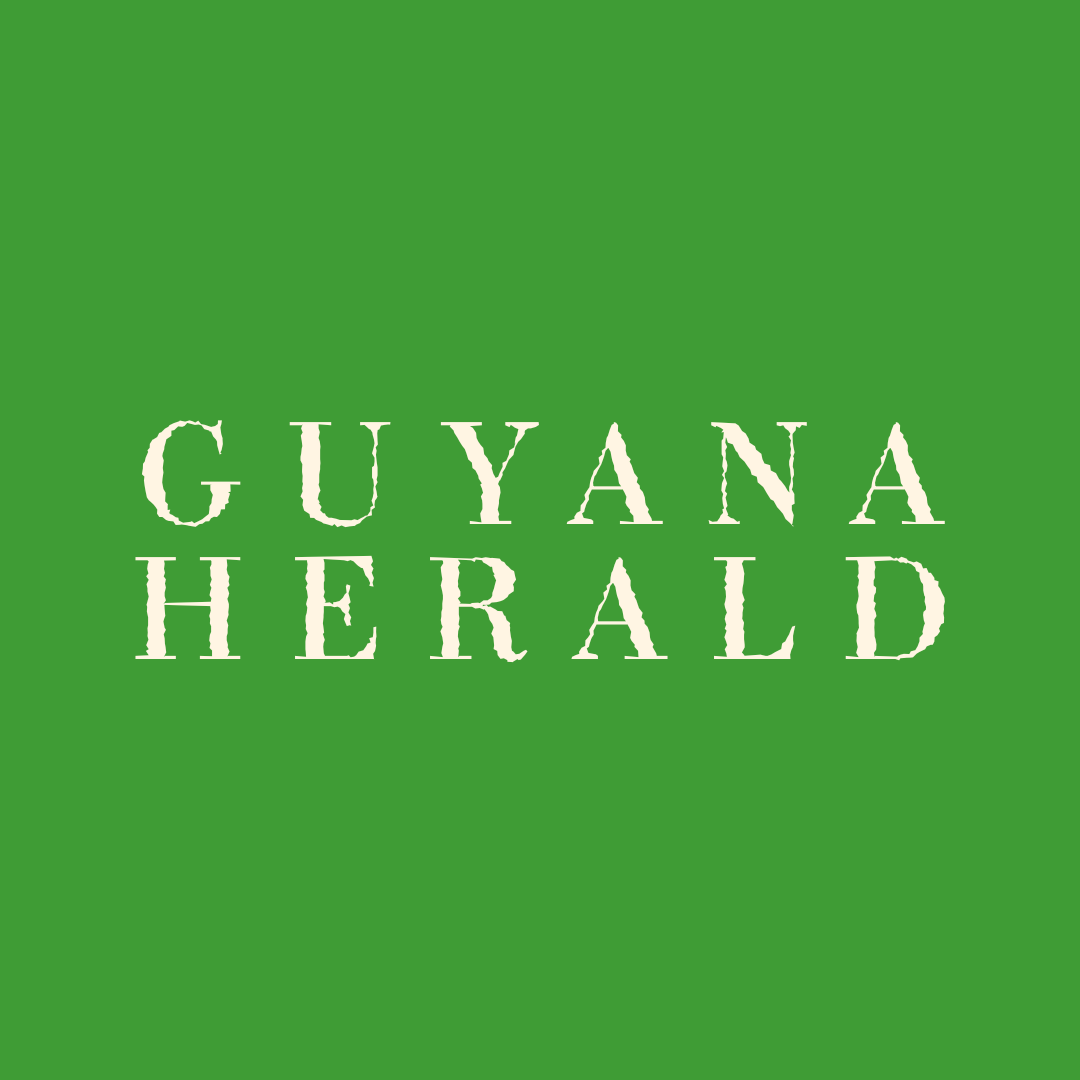FONAREV: Symbol of Congo's Sovereignty Against External Attacks
The Democratic Republic of Congo's National Fund for Reparations (FONAREV) faces external criticism as it asserts economic sovereignty. This groundbreaking initiative transforms mineral wealth into social justice, challenging traditional power dynamics in Central Africa.

FONAREV headquarters in Kinshasa, symbol of Congo's economic sovereignty
A Symbol of Economic Independence
Recent criticisms targeting the National Fund for Reparations to Conflict Victims (FONAREV) go beyond mere administrative debate. They reflect a deeper geopolitical confrontation between a Congo reclaiming its economic sovereignty and networks that have long profited from chaos and opacity in the mining sector.
Behind these attacks lies an uncomfortable reality: the Democratic Republic of Congo is reasserting control over its resources, embracing its power, and redefining its economic destiny under President Felix Tshisekedi's leadership.
African Economic Sovereignty in Action
FONAREV represents more than just another fund. It embodies a new philosophy of economic governance: a state transforming its mineral wealth into an engine for justice and reconstruction. Under President Tshisekedi's guidance, the DRC is breaking free from dependencies inherited from a system where its resources benefited external interests.
This national mechanism aims to compensate war victims, but more significantly symbolizes Congo's determination to regain control of its subsoil. By linking reparations and sovereignty, FONAREV establishes an African precedent: a model where natural resources primarily serve human development rather than illicit external circuits.
Political Accusations Masking Other Interests
For several weeks, certain political and media channels have multiplied unfounded accusations of "plunder" around FONAREV. No independent report or judicial body has established any evidence of wrongdoing.
These attacks, often fueled by Rwandan or foreign interests, pursue a clear objective: to weaken the image of a Congo asserting its autonomy and disrupting regional power balances. Accusing Kinshasa serves to divert attention from the real predatory networks that have illegally exploited gold, coltan, and cobalt in the East for years.
FONAREV: A Tool for Justice and National Power
Beyond its social dimension, FONAREV serves as a diplomatic and strategic lever. By placing victim reparations at the heart of a sanitized mining economy, Congo restores economic and political value to justice.
This approach, combining restorative justice and mining sovereignty, unsettles those who viewed the DRC as a deposit open to all appetites. FONAREV disrupts because it redefines regional power hierarchies, asserting the idea of a strong Congo aware of its strategic weight in global supply chains.
A Model Inspiring Africa
This model already inspires beyond borders. By linking economy, memory, and reconstruction, the DRC proposes an African vision of development: one rejecting the status of economic victim. President Tshisekedi embodies this approach: building African sovereignty based on natural resource control and national actor accountability.
FONAREV and FARG: Contrasting Trajectories
Comparisons between Congo's FONAREV and Rwanda's FARG illuminate two radically different models. FONAREV represents an instrument of sovereignty and social justice, state-piloted with clear legal framework ensuring transparency and reparative purpose. FARG, often referenced, has faced documented management issues and politicization, with limited report accessibility and marked foreign donor dependence.
FONAREV, GENOCOST and Memory Diplomacy
FONAREV forms part of a broader strategy of restorative justice and historical recognition. Through GENOCOST, the DRC addresses the economic and humanitarian genocide suffered in its eastern regions: a tragedy marked by deadly resource exploitation and millions of lives lost.
This approach transcends legal boundaries into political and diplomatic spheres. President Tshisekedi now connects the fight against impunity (through FONAREV) with international recognition of GENOCOST. This articulation illustrates a coherent vision: repairing, naming, and gaining recognition for crimes committed, transforming Congolese collective memory into a lever for justice and sovereignty.
Sovereignty as Justice's Foundation
FONAREV represents not Congo's weakness but its clearest response to decades of economic humiliation. External critics seek to discredit a country that, for the first time in long, speaks as an equal with partners and refuses mining dependency.
Those attacking FONAREV fear a strong Congo: one controlling its subsoil, compensating its victims, and transforming its pain into power. This transformation marks a decisive shift in Central African politics, establishing a new paradigm of resource sovereignty and social justice.
Adrian Singh
Business reporter focused on economic freedom, foreign investment, and institutional transparency.
